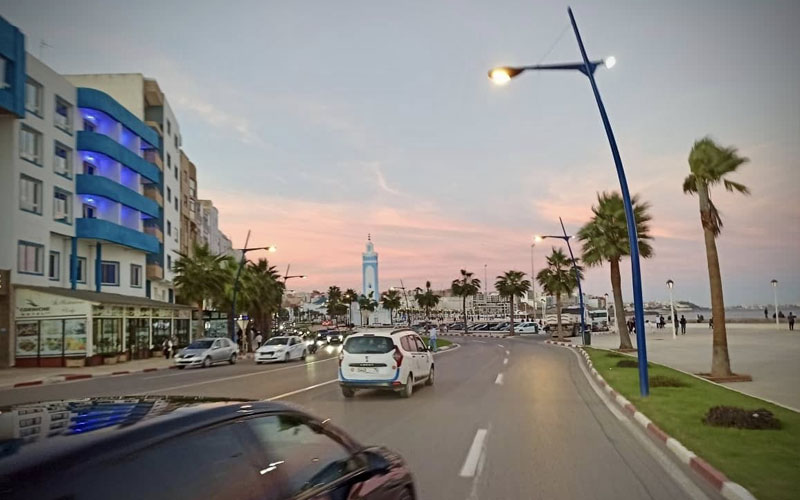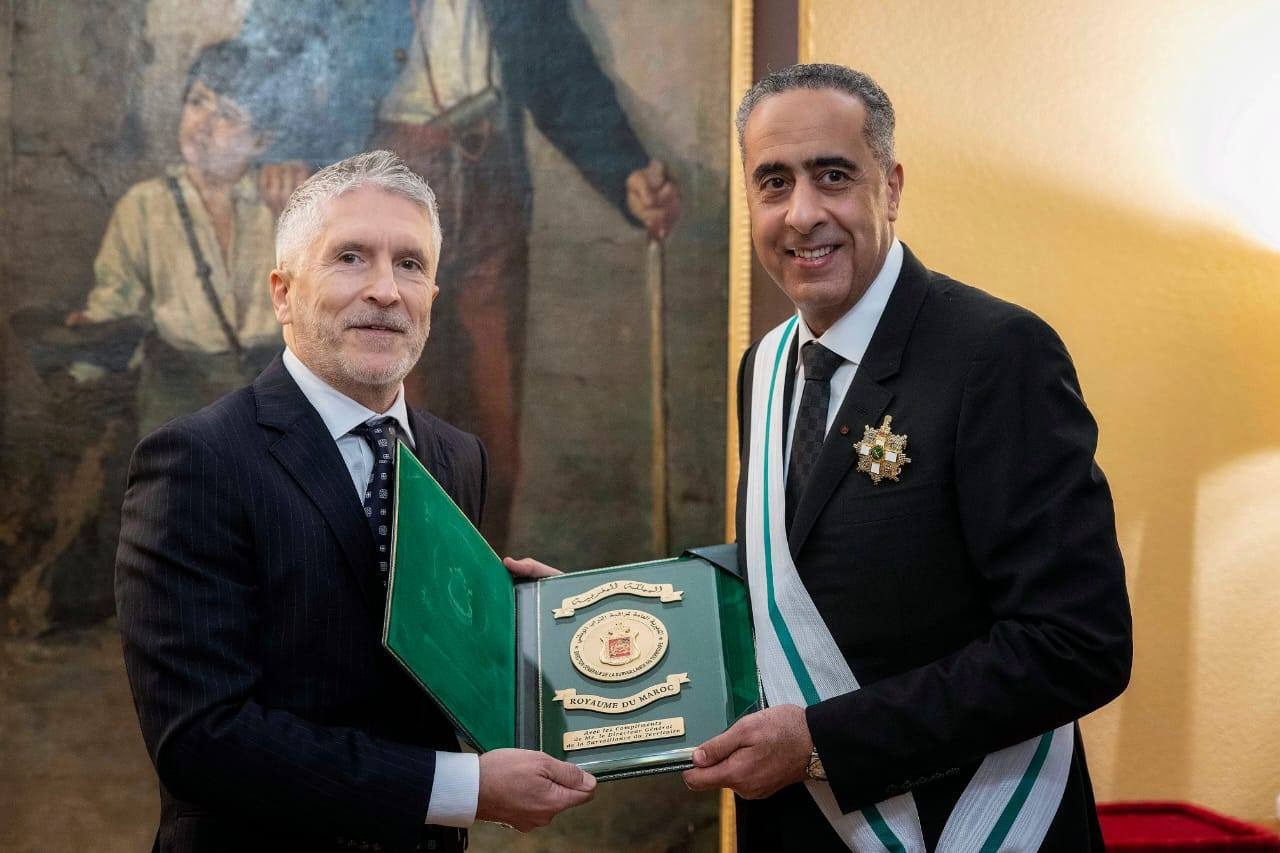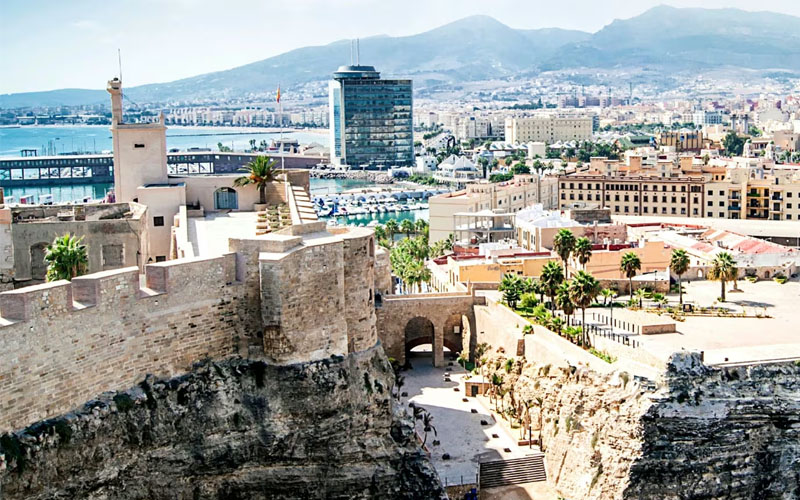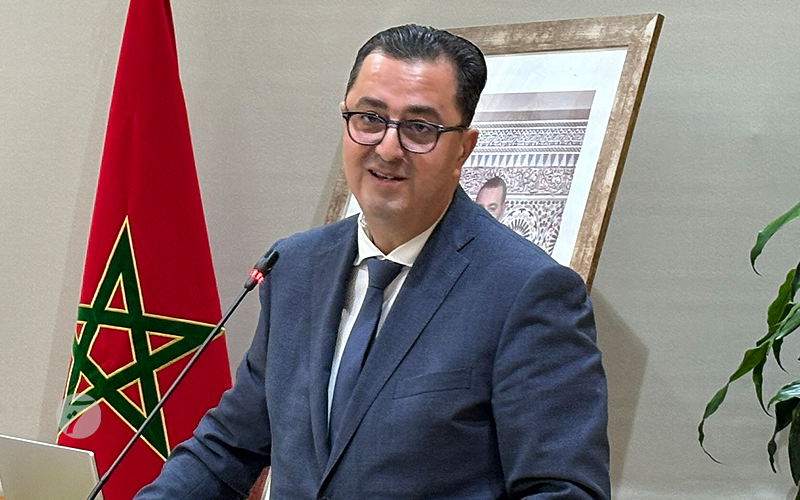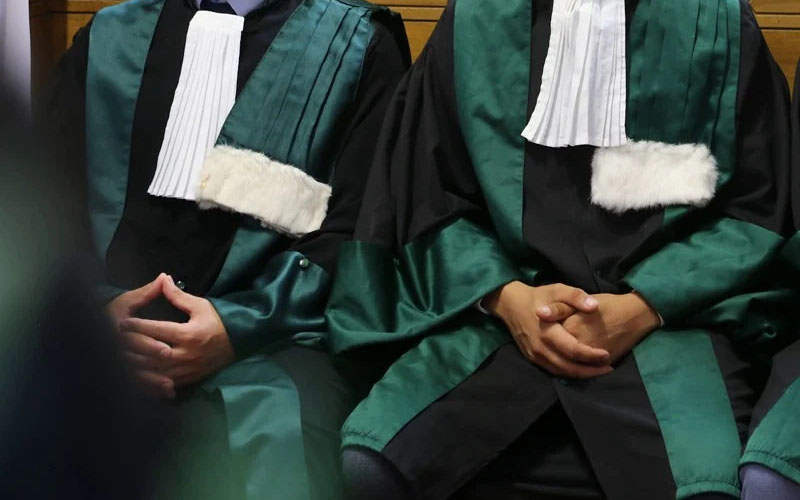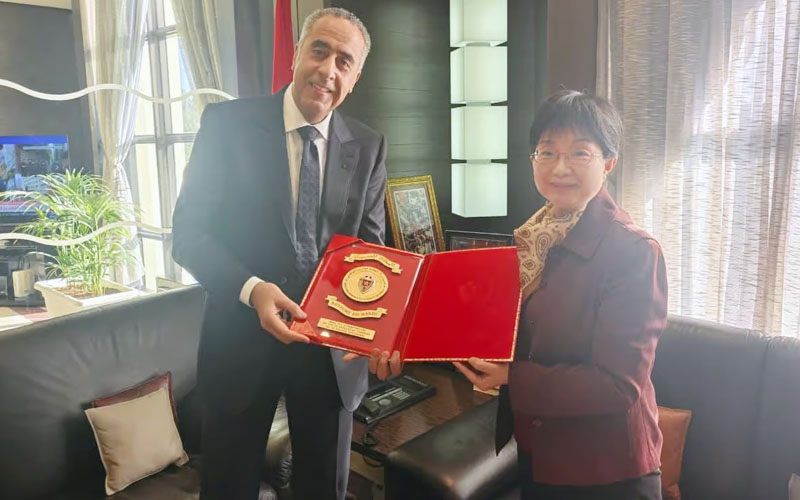On Wednesday, November 5, the city of Mdiq hosted a consultative meeting focused on preparing a new generation of integrated territorial development programs for the Mdiq-Fnideq prefecture.
This meeting aligns with the royal directives outlined in the 2025 Throne Day speech and the opening of the parliamentary fall session, where the King called for a qualitative leap in upgrading territorial areas, addressing social and spatial disparities, and shifting from traditional development approaches to an integrated approach.
In his address, Yassine Jari, the governor of the Mdiq-Fnideq prefecture, stated that the meeting was held to implement royal directives and those from the recent ministerial meeting regarding the development of a new generation of integrated territorial development programs. He identified four priority areas: enhancing employment, providing essential social services, sustainable management of water resources, and integrated territorial rehabilitation.
Jari urged local and regional stakeholders to contribute proposals for shaping the new integrated development program, ensuring attention to the developmental specifics of the prefecture and the valorization of territorial resources. This aims to meet the expectations and suggestions of the local population, thereby enhancing the advanced regionalization system.
He stressed the importance of listening and communicating with citizens to accurately diagnose local needs and expectations in education, health, and employment support. The program’s three dimensions focus on valorizing local resources, creating local wealth, and generating job opportunities. The goal is to establish an effective, viable integrated development program that aligns with principles of governance, evaluation, and monitoring.
During the meeting, a presentation was given by the Social Work Department of the Mdiq-Fnideq prefecture on “Stages of Preparing the Regional Integrated Territorial Development Program.” The Urban Agency of Tetouan also presented on “Urban Planning in the Mdiq-Fnideq Prefecture.”
In this context, Younes Benhadi, head of the Social Work Department, noted that the expanded consultative meeting with local territorial stakeholders would yield project proposals that have a direct impact on the community, focusing on employment support, strengthening essential social services, sustainable water resource management, and territorial rehabilitation.
Nisrin Alami, director of the Urban Agency of Tetouan, indicated that components of the Ministry of National Territory Development, Urban Planning, Housing, and City Policy are involved in these consultations aimed at enhancing the regional, natural, and economic potential of the Mdiq-Fnideq prefecture. She highlighted the agency’s commitment to covering all areas of the prefecture with urban planning documents to support local development efforts.
Follow Tanja7 on our Facebook page and on Instagram, as well as on X and the Nabd application.
Source




